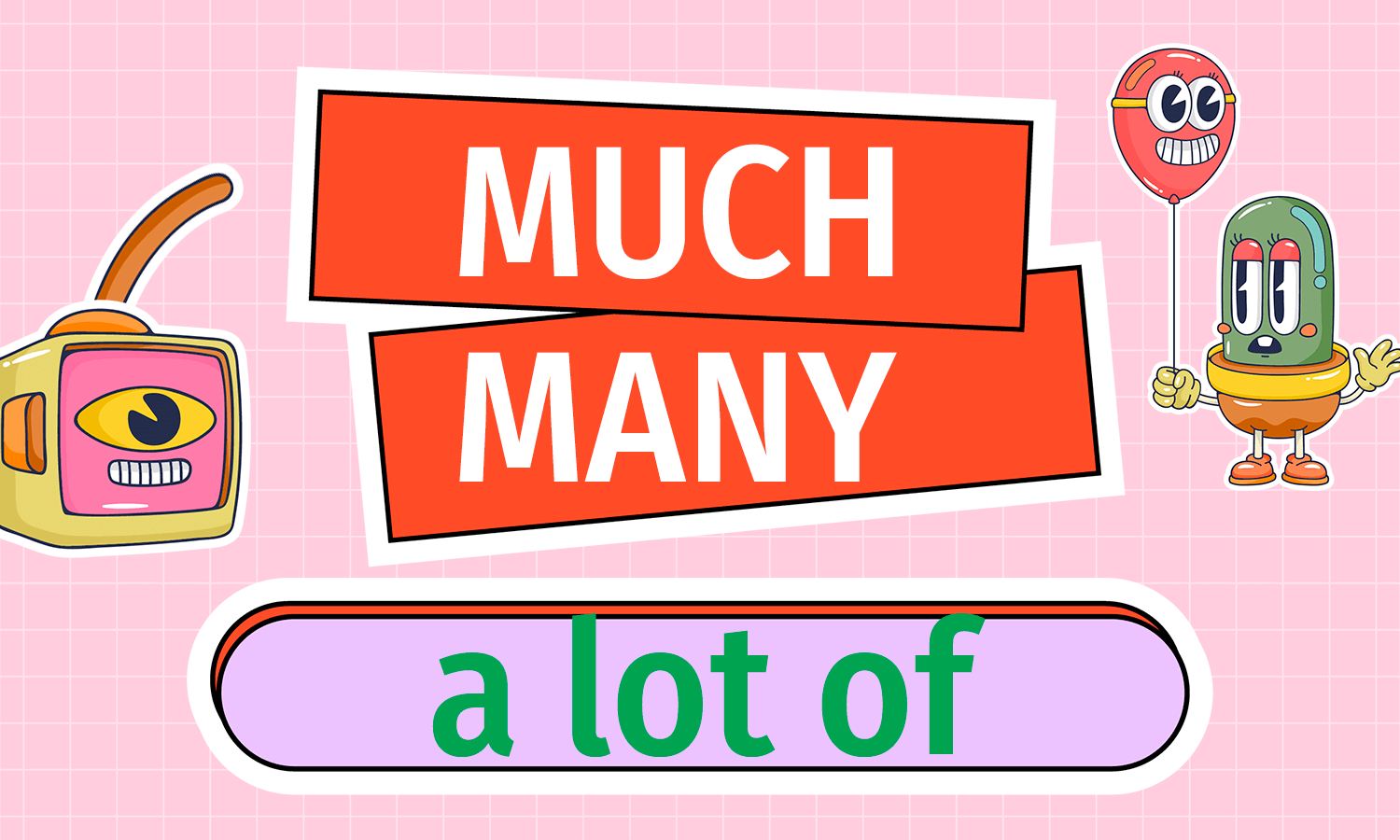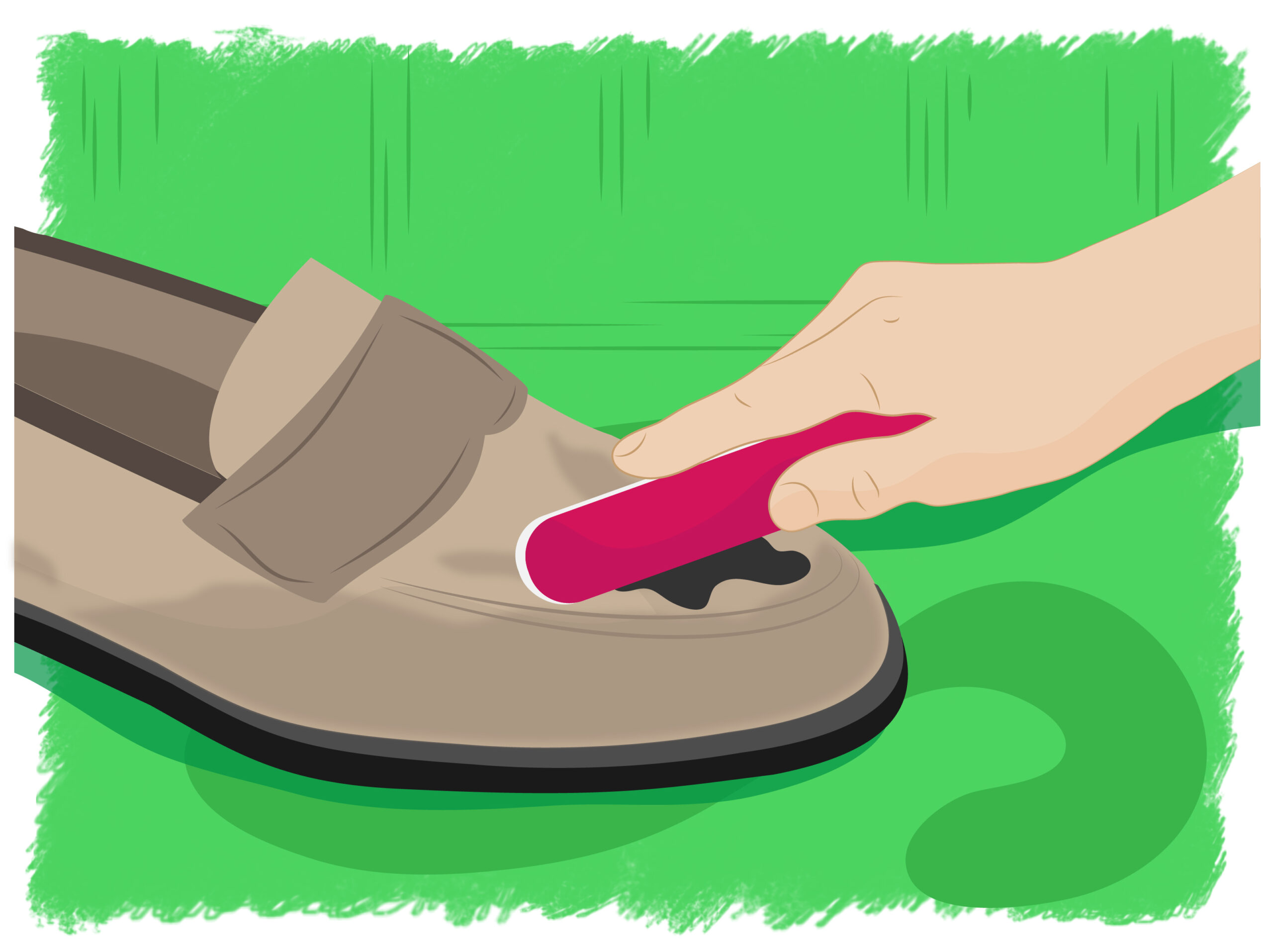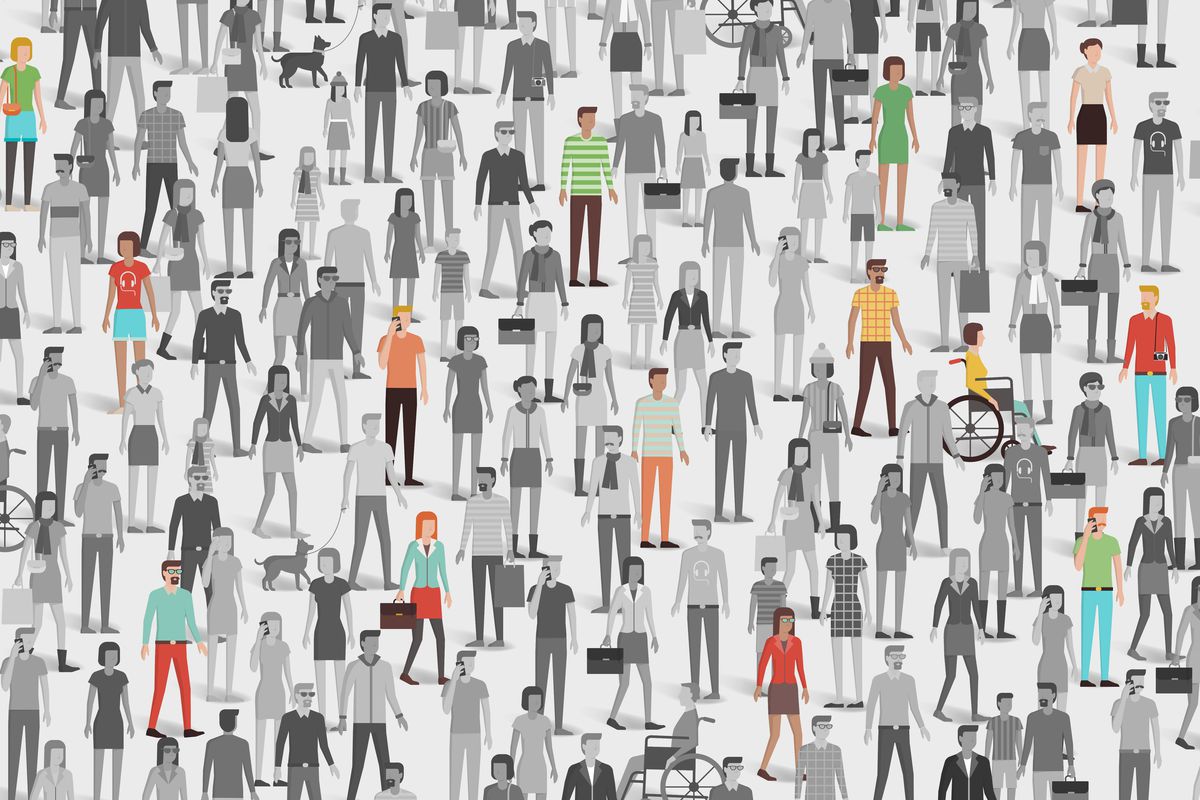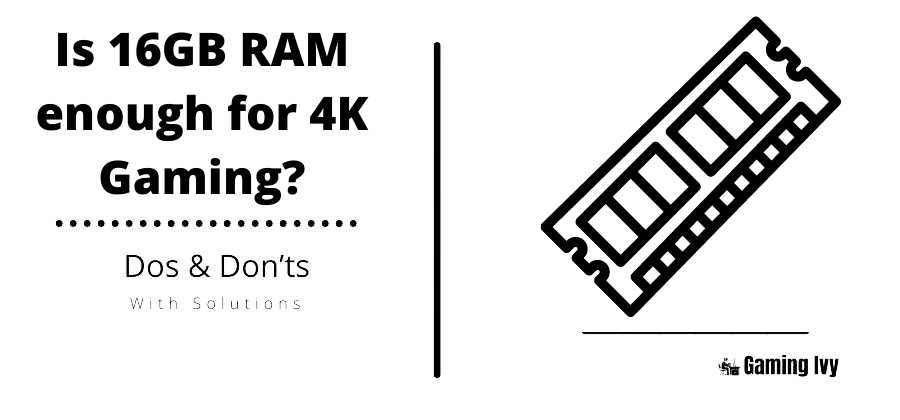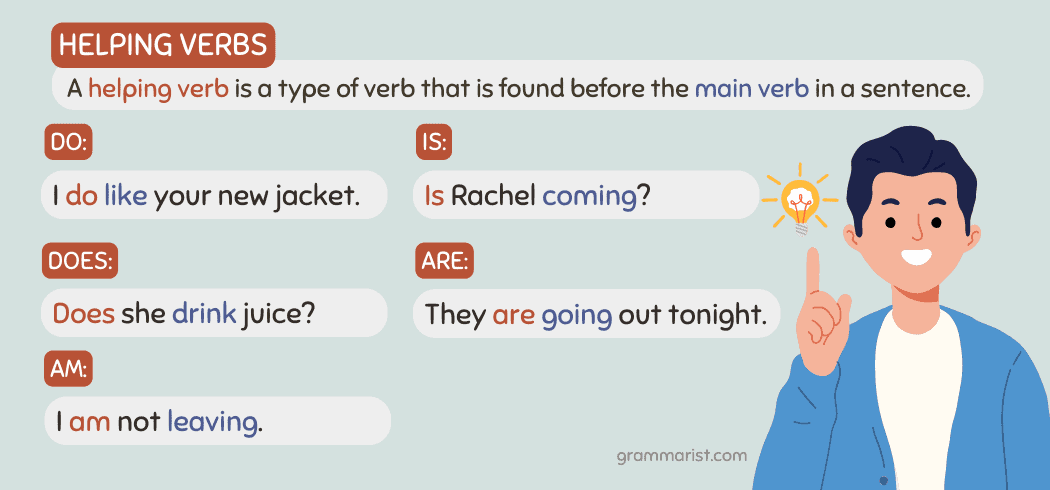Understanding and Coping with Family Rejection: Steps Toward Healing and Support
Introduction: The Experience of Family Rejection
Feeling rejected or unloved by family members is an intensely painful and isolating experience. If you find yourself asking, “Why does my family hate me?” know that you are not alone-many people struggle with family conflict, disapproval, or emotional distance at some point in life. The effects can reach far beyond the home, impacting mental health, self-esteem, and relationships with others. This article explores the underlying causes of family rejection, its psychological effects, and, most importantly, practical steps you can take to cope, heal, and build new sources of support.
Understanding the Roots of Family Rejection
Family rejection can stem from many factors. Sometimes, it is the result of deep-seated differences in values, beliefs, or lifestyles. In other instances, misunderstandings, generational gaps, or unaddressed trauma can drive family members apart. For LGBTQ+ individuals, rejection is often linked to family members’ inability or unwillingness to accept one’s identity, with cultural and religious beliefs playing a significant role [1] . Regardless of the source, persistent rejection can lead to a cycle of negative self-perception, where individuals begin to internalize the belief that they are unworthy or unlovable [2] .
Attachment theory suggests that early experiences with parental acceptance or rejection create mental models that shape how we view ourselves and others throughout life. Ongoing parental rejection can make a child feel unloved, leading to long-term challenges such as low self-esteem, anxiety, and difficulty trusting others [3] .
The Emotional Impact of Family Rejection
The emotional toll of family rejection is profound. Studies have shown that those who experience persistent disapproval or neglect from their families are at higher risk of depression, anxiety, and even suicidal thoughts [3] . Rejection often leads to:
- Loss of self-esteem: Constant criticism or exclusion can erode self-worth.
- Social isolation: Individuals may withdraw from friends and community out of fear of further rejection [2] .
- Chronic stress: Ongoing family conflict creates a stressful environment that may trigger or worsen mental health symptoms.
- Feelings of shame: Shame is a common response, especially when rejection is linked to aspects of identity, such as sexual orientation, gender, or cultural background [4] .
For some, these experiences in childhood and adolescence can lead to difficulties forming healthy relationships as adults. People who felt rejected by their families may develop an anxious or avoidant attachment style, making intimacy and trust challenging [5] .
Common Reasons Behind Family Conflict and Rejection
Understanding why family rejection occurs can help in processing these feelings and planning next steps. Some common causes include:
- Differences in values or identity: Disagreements over lifestyle choices, religious beliefs, or identity (such as being LGBTQ+) can create rifts.
- Unresolved past trauma: Family histories of abuse, neglect, or addiction often contribute to ongoing conflict.
- Mental health challenges: Depression, anxiety, or personality disorders in family members can influence behavior toward others.
- Poor communication: Misunderstandings and lack of emotional expression can escalate minor disagreements into lasting resentments.
It is important to remember that rejection is often more about the rejecting person’s limitations than your own worth. Their inability to accept or support you reflects their own struggles, not your value as a person [2] .
Practical Steps to Cope with Family Rejection
If you are struggling with feelings of being hated or rejected by your family, there are actionable steps you can take to care for your mental health and begin to heal:
1. Acknowledge Your Feelings
Allow yourself to feel sadness, anger, or grief. Suppressing emotions only intensifies pain. Consider keeping a journal to process your thoughts or speaking with a trusted friend or counselor. Many therapists recommend naming and accepting these feelings as a critical first step toward healing [2] .
2. Seek Professional Support
Therapists and counselors can help you navigate complex family dynamics and rebuild your self-esteem. If you do not have a mental health provider, you can find licensed professionals through your health insurance provider, local community health centers, or organizations such as the National Alliance on Mental Illness (NAMI). For immediate support, the 988 Suicide & Crisis Lifeline is available 24/7 for confidential help.
3. Build a Supportive Network
While family is important, supportive relationships can be found elsewhere. Cultivate friendships, join community groups, or participate in online forums related to your interests or identity. For LGBTQ+ individuals, organizations like The Trevor Project offer resources and peer support. These connections can help fill the emotional gaps left by family rejection [1] .

Source: digitalbloggers.com
4. Set Boundaries
It is healthy to set limits with family members who are consistently hurtful or toxic. Boundaries can include limiting contact, refusing to engage in certain conversations, or taking breaks from family events. Setting boundaries is a form of self-respect and can reduce ongoing emotional harm [2] .

Source: stock.adobe.com
5. Challenge Negative Self-Beliefs
Rejection can trigger a cycle of self-doubt and shame. Work on identifying these negative beliefs and challenging them with facts about your strengths and achievements. Cognitive-behavioral therapy (CBT) techniques, which a therapist can guide you through, are effective for reshaping self-perception [5] .
6. Explore Alternative Sources of Family
Family does not have to be defined by blood. Many people find deep fulfillment in chosen families-friends, mentors, or community members who offer support, understanding, and love. Consider joining local clubs, volunteer organizations, or support groups to build these connections.
7. Know When to Seek Emergency Help
If you are experiencing severe depression, thoughts of self-harm, or suicidal ideation, reach out for immediate help. Call the 988 Suicide & Crisis Lifeline or go to your nearest emergency room. Support is available, and you do not have to face this alone.
Overcoming Challenges and Building Resilience
Overcoming family rejection is not easy, and setbacks along the way are common. It is important to be patient with yourself, recognizing that healing is a process. Some challenges you may encounter include:
- Persistent feelings of unworthiness: These may resurface during stressful times or after negative interactions with family. Remind yourself that your value is not determined by others’ opinions.
- Difficulty trusting others: Building new relationships can be intimidating, but taking small steps-such as joining a group activity or reaching out to a colleague-can help rebuild trust over time.
- Lack of immediate support: If you feel isolated, consider virtual communities or helplines, which can offer connection and advice when in-person support is unavailable.
Resilience can be fostered through self-care, mindfulness practices, and by focusing on areas of life where you have control and agency. Setting and achieving small personal goals can offer a sense of accomplishment and hope.
Alternative Approaches to Healing
If traditional therapy or support groups are not accessible, consider other avenues:
- Creative expression: Art, music, and writing can provide powerful outlets for processing emotions.
- Physical activity: Exercise has proven benefits for mental health and can help relieve stress and improve mood.
- Mindfulness and meditation: Practices such as mindfulness meditation can help you observe negative thoughts without judgment and reduce anxiety.
How to Access Support and Resources
While there is no single solution for family rejection, many resources are available. Consider the following steps:
- Contact your health insurance provider for a list of in-network mental health professionals.
- Find support groups through organizations like NAMI or Mental Health America by searching their official websites.
- Explore local community centers, places of worship, or LGBTQ+ support organizations for group meetings and resources.
- Use helplines such as the 988 Suicide & Crisis Lifeline for immediate emotional support.
- If you are a student, reach out to your school or university’s counseling center for confidential assistance.
When searching online, use keywords such as “family rejection support,” “mental health counseling,” or “LGBTQ family support” along with your location for the most relevant results.
Key Takeaways
Family rejection is a deeply personal and often painful experience, but it does not define your worth or your future. By seeking support, building new connections, and focusing on self-care, it is possible to heal and thrive, even without acceptance from your family of origin. Remember, reaching out for help is a sign of strength, and resources are available to guide you through this journey.
References
- [1] OutCare Health (2024). The Impact of Family Rejection on LGBTQ+ Mental Health and Substance Use.
- [2] AMR Therapy (2024). Navigating Rejection and Family Conflict: Understanding the Impact on Mental Health.
- [3] PMC (2009). Rejection and Acceptance Across Contexts: Parents and Peers as Developmental Contexts.
- [4] PMC (2023). Is Rejection, Parental Abandonment or Neglect a Trigger for Higher Levels of Shame or Guilt?
- [5] PsychCentral (2022). Effects of Physical and Emotional Rejection in Childhood.
MORE FROM savvysc.com

